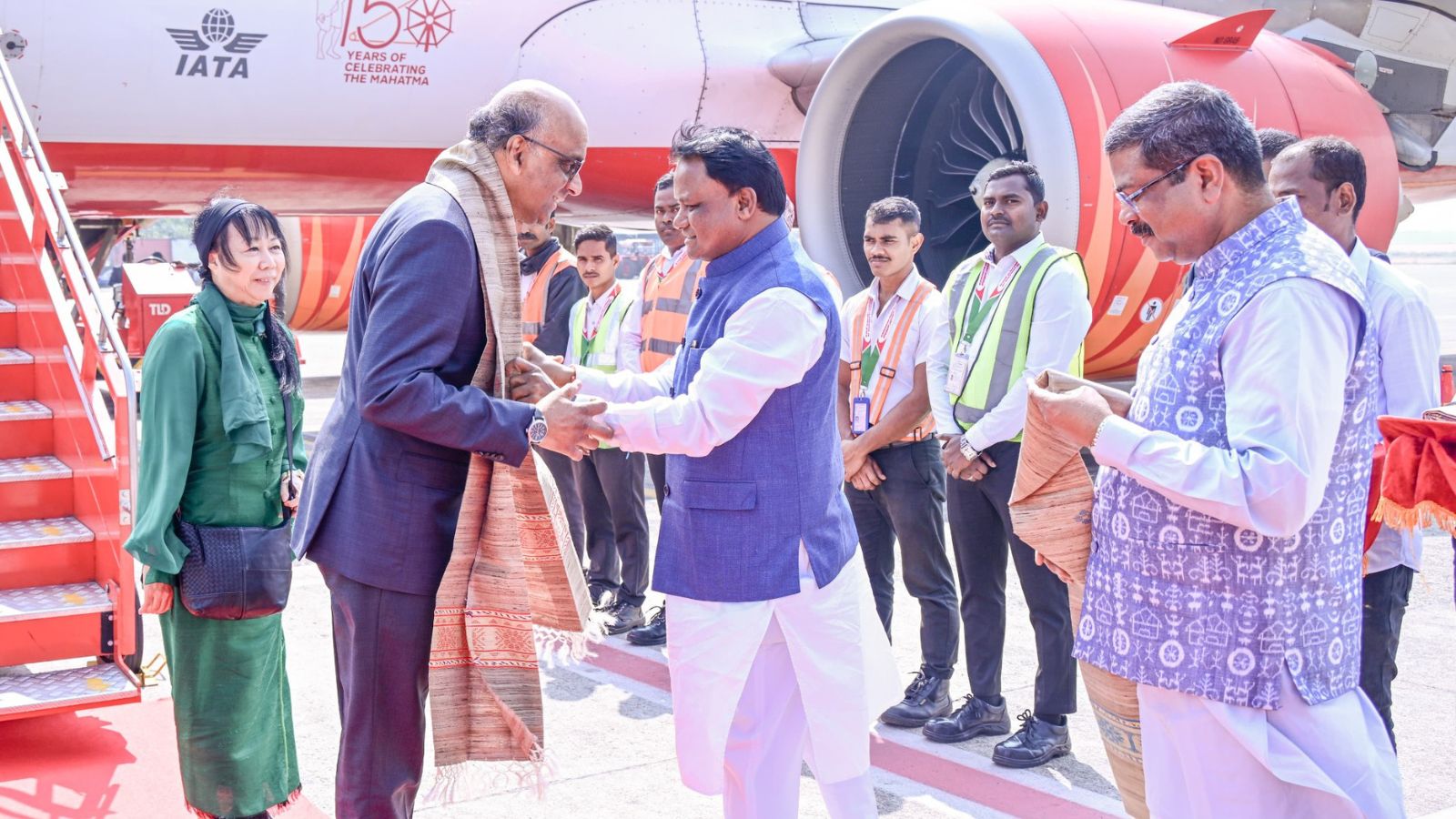 |
|
The visit of Singapore's President Tharman Shanmugaratnam to Odisha marked a significant step in strengthening the bilateral relationship between the two regions, particularly focusing on collaboration in the burgeoning semiconductor industry. This collaboration is not merely symbolic; it represents a concerted effort to address a critical bottleneck hindering India's ambitions in the global semiconductor market: the lack of skilled manpower. Odisha, under the leadership of Chief Minister Mohan Charan Majhi, has proactively sought to position itself as a key player in the Indian semiconductor ecosystem, recognizing the vast potential for economic growth and job creation within this sector. The state's strategic partnership with Singapore, a global leader in semiconductor manufacturing and technology, is a testament to this vision.
The core of the collaboration lies in the development of a robust skill development program tailored to the specific needs of the semiconductor industry. The agreement signed between Odisha's skill development and technical education (SD&ET) department and Singapore's ITEES (Institute of Technical Education and Services) outlines a comprehensive plan for assessing the skill gap, designing a relevant curriculum, and establishing dedicated training centers. This curriculum, leveraging Singapore's extensive experience and expertise, will cover a wide range of skills crucial for semiconductor manufacturing, from fundamental semiconductor principles and integrated circuit design to advanced techniques in wafer fabrication, cleanroom technologies, and industrial automation. The five-year timeframe reflects the long-term commitment to building a sustainable and skilled workforce.
Beyond the crucial focus on skill development, the collaboration extends to other areas critical for establishing a thriving semiconductor ecosystem. The establishment of an electronics city near Bhubaneswar, hinted at by government officials, could serve as a major catalyst for attracting further investment and creating a concentrated hub for semiconductor manufacturing. This, coupled with the planned Utkarsh Odisha conclave, a flagship investors' meet scheduled for January 28th, suggests a proactive approach to drawing both domestic and international investment into the state. The seamless approvals anticipated due to the BJP's presence in both state and central governments further underscores the commitment to streamlining the investment process.
The scope of the Singapore-Odisha collaboration extends beyond the semiconductor sector. Multiple Memoranda of Understanding (MoUs) were signed, covering key areas such as urban planning, energy, and Fintech. Sembcorp, Singapore's state-owned energy and urban development company, is partnering with Odisha's IDCO (Odisha Industrial Infrastructure Development Corporation) to develop industrial parks and green hydrogen corridors, reflecting the state's commitment to sustainable and environmentally conscious development. Surbana Jurong, another Singaporean state-owned consultancy firm, is collaborating with the Bhubaneswar Development Authority (BDA) to modernize Bhubaneswar's urban infrastructure, leveraging Singapore's experience in urban planning and development. The collaboration also includes the establishment of a global competency center for Fintech in Bhubaneswar, highlighting Odisha's ambition to foster innovation and growth in the financial technology sector.
The inclusion of Nanyang Technological University (NTU), Singapore, in a collaboration with GRIDCO (Odisha's power utility) and IIT Bhubaneswar in the new energy sector further emphasizes the breadth and depth of this multifaceted partnership. The collaborations clearly aim to foster not only economic growth but also technological advancement and sustainable development within Odisha. The enthusiastic support expressed by Chief Minister Majhi during his visit to Singapore underscores the shared vision of building a strong and mutually beneficial long-term relationship. President Shanmugaratnam's visit, encompassing both official engagements and cultural experiences such as a visit to the Konark Sun Temple, exemplifies the broader dimensions of the collaboration, extending beyond purely economic considerations to foster cultural exchange and mutual understanding.
In conclusion, the Singapore-Odisha collaboration represents a significant step towards transforming Odisha into a key player in the global semiconductor industry and establishing a vibrant, technologically advanced economy. By addressing the crucial skills gap through strategic partnerships, attracting substantial investments, and promoting sustainable development across various sectors, Odisha is positioning itself for a period of considerable economic growth and progress. The success of this collaboration will not only benefit Odisha but also contribute to India's wider ambitions in the global semiconductor market. The multifaceted nature of the agreements, ranging from specialized skill development to urban planning and renewable energy, suggests a long-term commitment to a comprehensive and sustainable development strategy.
Source: Jobs in semiconductor sector in focus during Singapore President’ visit to Odisha
